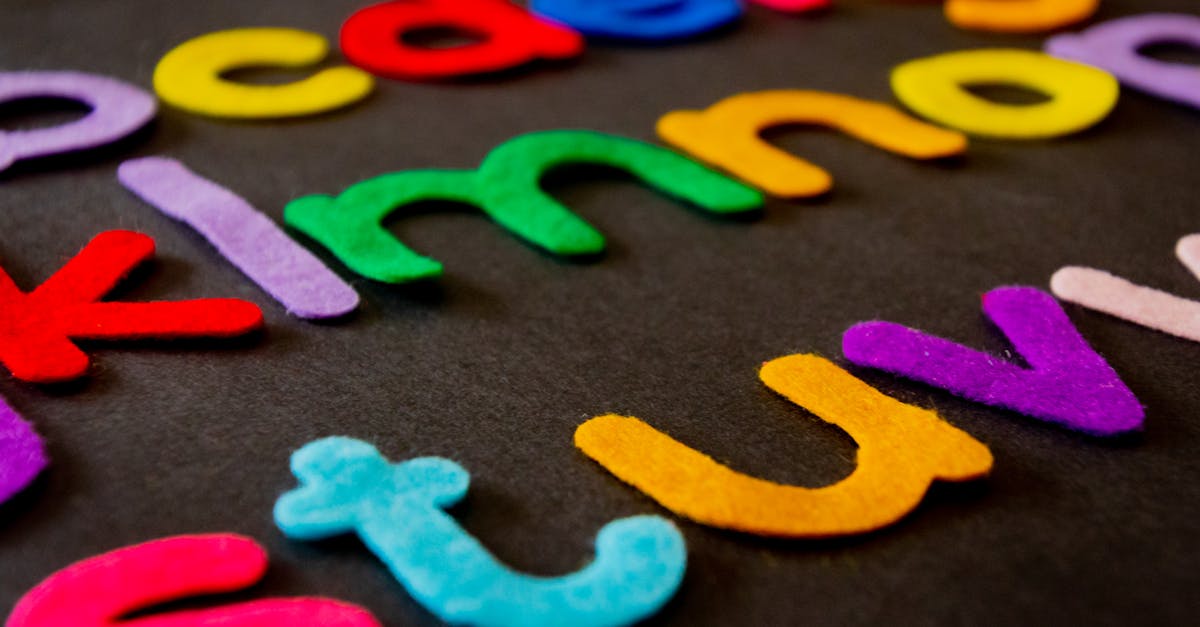AI: The New Playground Buddy
Imagine your little one learning alphabets from a friendly robot or playing interactive, educational games devised by smart algorithms. Welcome to the era where Artificial Intelligence (AI) is not just a buzzword but a close companion in early childhood education. The use of AI-powered tools has skyrocketed, transforming traditional education and making learning more engaging and personalized. Yet, how does this impact our young learners? Let’s explore.

Key Points:
- AI as a companion in early childhood education
- Engaging and personalized learning experiences
- Impact of AI tools on young learners
Virtual Classrooms: The New Norm
With schools embracing virtual classrooms, children are increasingly exposed to AI from a tender age. These digital platforms offer customized learning experiences, adjusting to each child’s pace.
Picture your child receiving instant feedback on a math problem from an AI tutor, fostering a supportive and understanding learning environment. This shift has the potential to bridge educational gaps, offering a more inclusive approach to learning.

Parenting in an AI World: Embracing Change
As parents, we’re constantly adapting to technological advancements, and AI in education demands a significant mindset shift. Embracing AI can be empowering for both you and your child, paving the way for endless learning opportunities. We need to be open, learn alongside our kids, and guide them through the ethical use of technology. Remember, it’s okay to feel overwhelmed; you’re not alone in this journey.

AI’s Impact on Social Skills: A Double-Edged Sword
While AI promotes personalized learning and enhances cognitive skills, it also poses challenges to developing social skills in young children. The balance between digital and real-world interactions is crucial.
Encouraging outdoor play and face-to-face interactions alongside AI-led education ensures a well-rounded development. Think of AI as an additional tool, not a replacement for human touch and empathy.

Summary: AI’s advancements in personalized education are beneficial, but it is essential to maintain a balance to nurture social skills effectively.
Preparing for the Future: Skills Your Child Needs
Preparing our children for the future involves equipping them with skills beyond academia. Critical thinking, creativity, and emotional intelligence are paramount, and yes, AI can help develop these too. Integrating AI in fun, educational activities encourages problem-solving and innovative thinking. Let’s make learning an adventure they look forward to, with AI as their guide.

By fostering these essential skills early on, we empower our children to adapt, thrive, and lead in a rapidly changing world where AI and technology play significant roles. Embracing these tools as allies in education prepares our children for the challenges and opportunities of tomorrow.
The Emotional Rollercoaster: Navigating the New Normal
Adapting to AI-driven education can be an emotional journey for parents. It’s normal to feel anxious about screen time and the quality of AI interactions. Communication is key. Discuss what they’re learning, set boundaries on screen time, and emphasize the importance of offline activities. It’s a learning curve, but together, we can navigate this new educational landscape with confidence.

